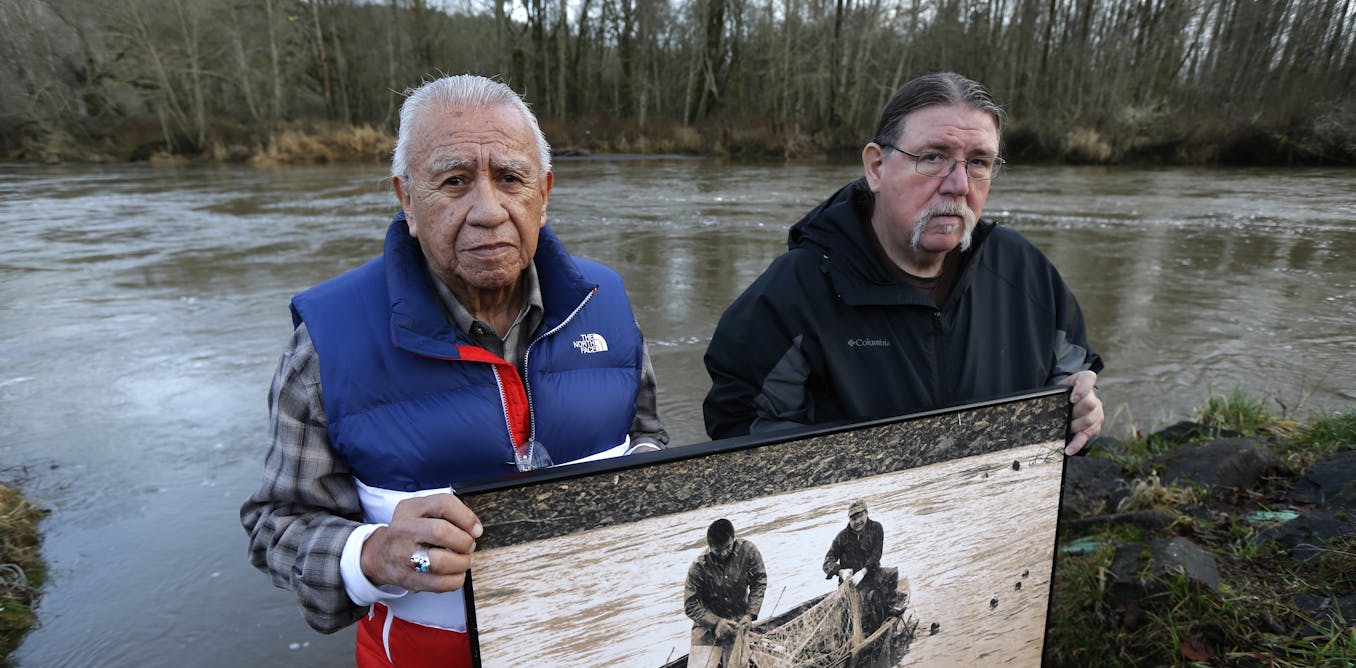Green Sovereignty: Native Nations Forge Ahead as Federal Eco-Policies Waver

Indigenous governance represents a profound approach to land stewardship, rooted in centuries of ancestral wisdom and an intimate connection to the natural world. Native peoples have long understood that true leadership transcends short-term gains, instead focusing on sustainable practices that honor the delicate balance between human communities and the environment.
For generations, tribal leaders have approached governance as a sacred responsibility, viewing their role not just as administrators, but as guardians of a living legacy. Their decision-making process is deeply informed by a holistic perspective that considers the impact of choices on future generations. This long-view approach stands in stark contrast to contemporary political models that often prioritize immediate economic interests over ecological and cultural preservation.
The traditional Native governance model is fundamentally about relationship—relationship with the land, with community, and with the intricate web of life that sustains all beings. Each decision is carefully weighed against its potential consequences, ensuring that the wisdom of ancestors continues to guide present and future actions. This approach represents a powerful alternative to extractive and short-sighted management strategies, offering a blueprint for sustainable coexistence with our natural world.
